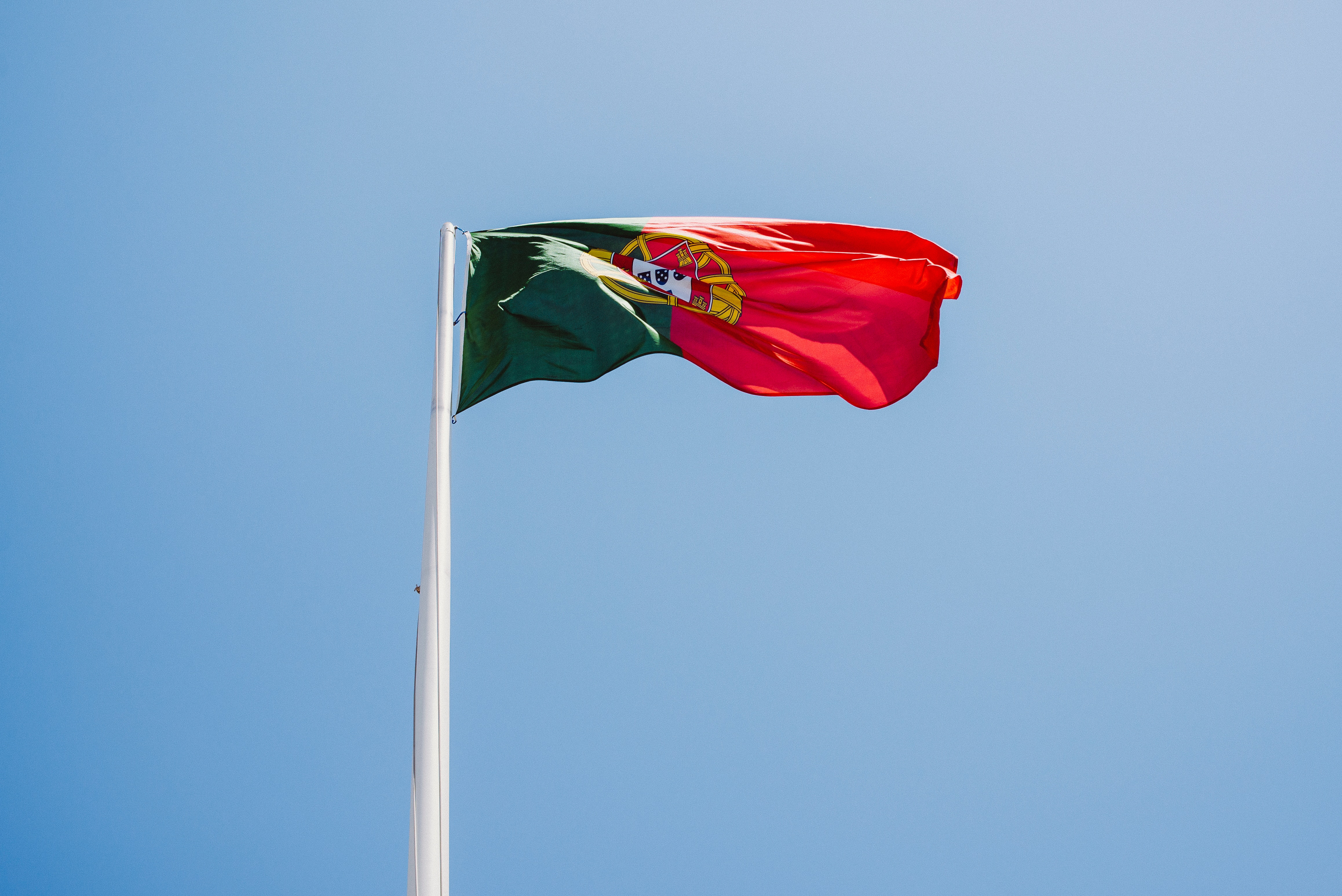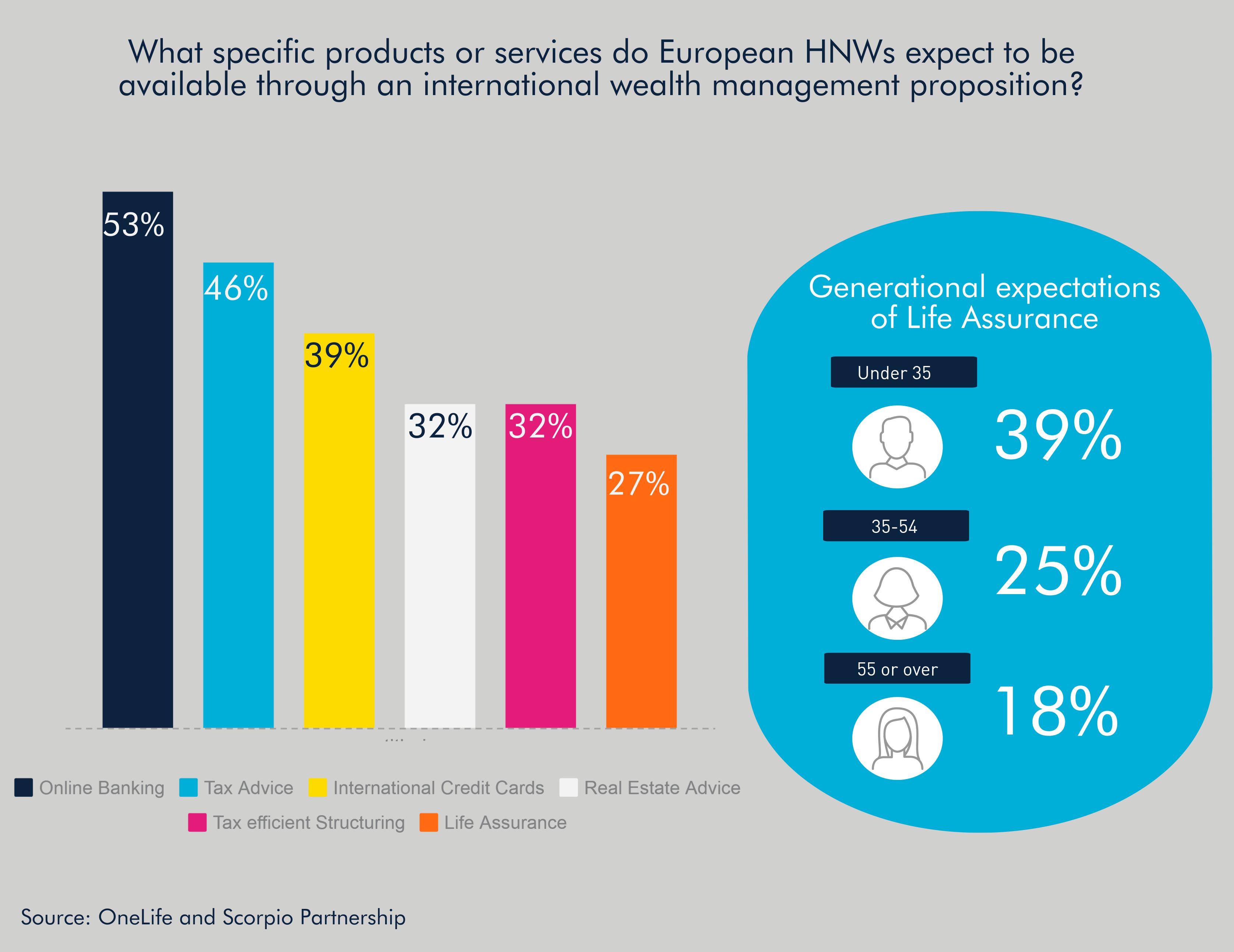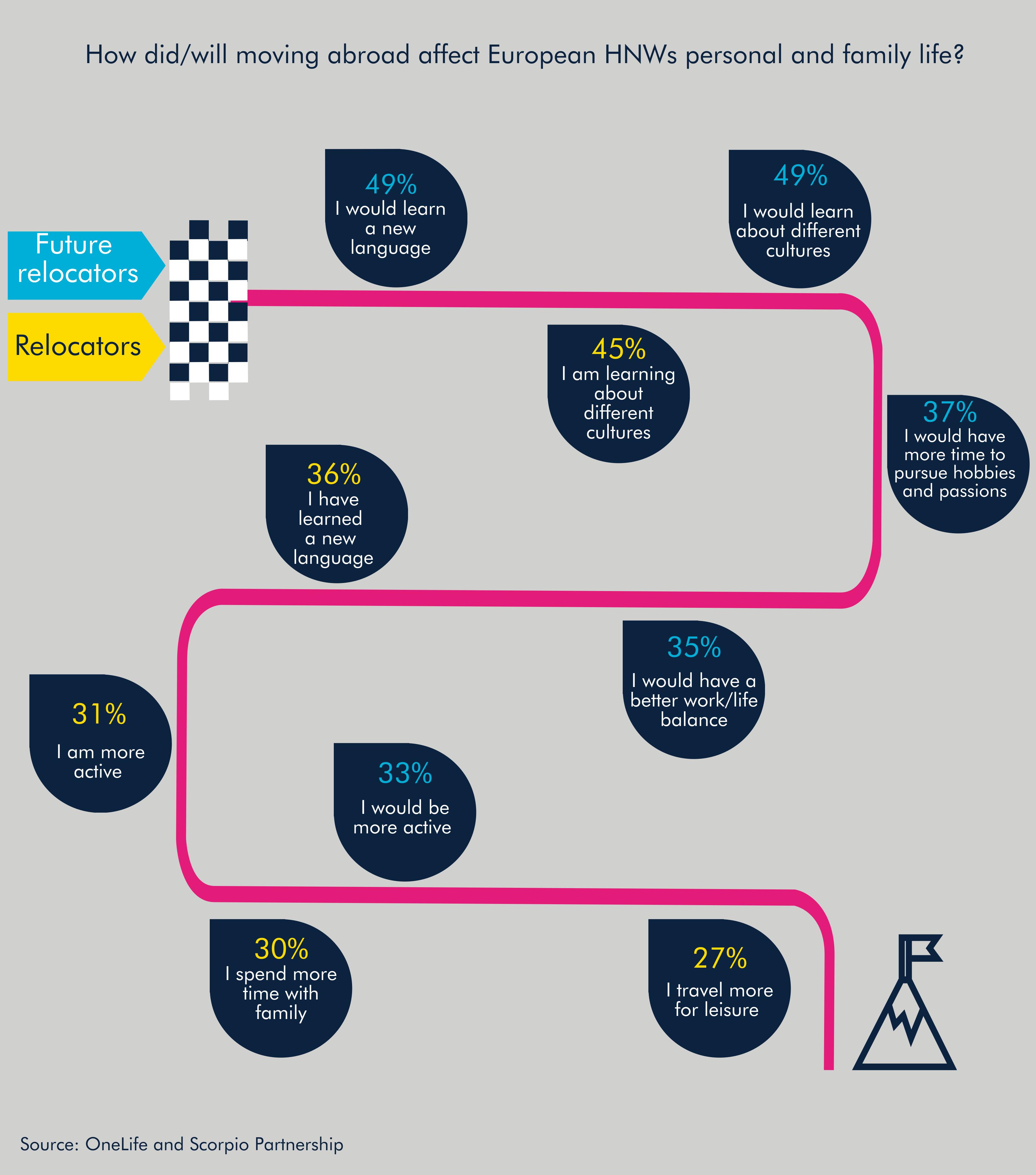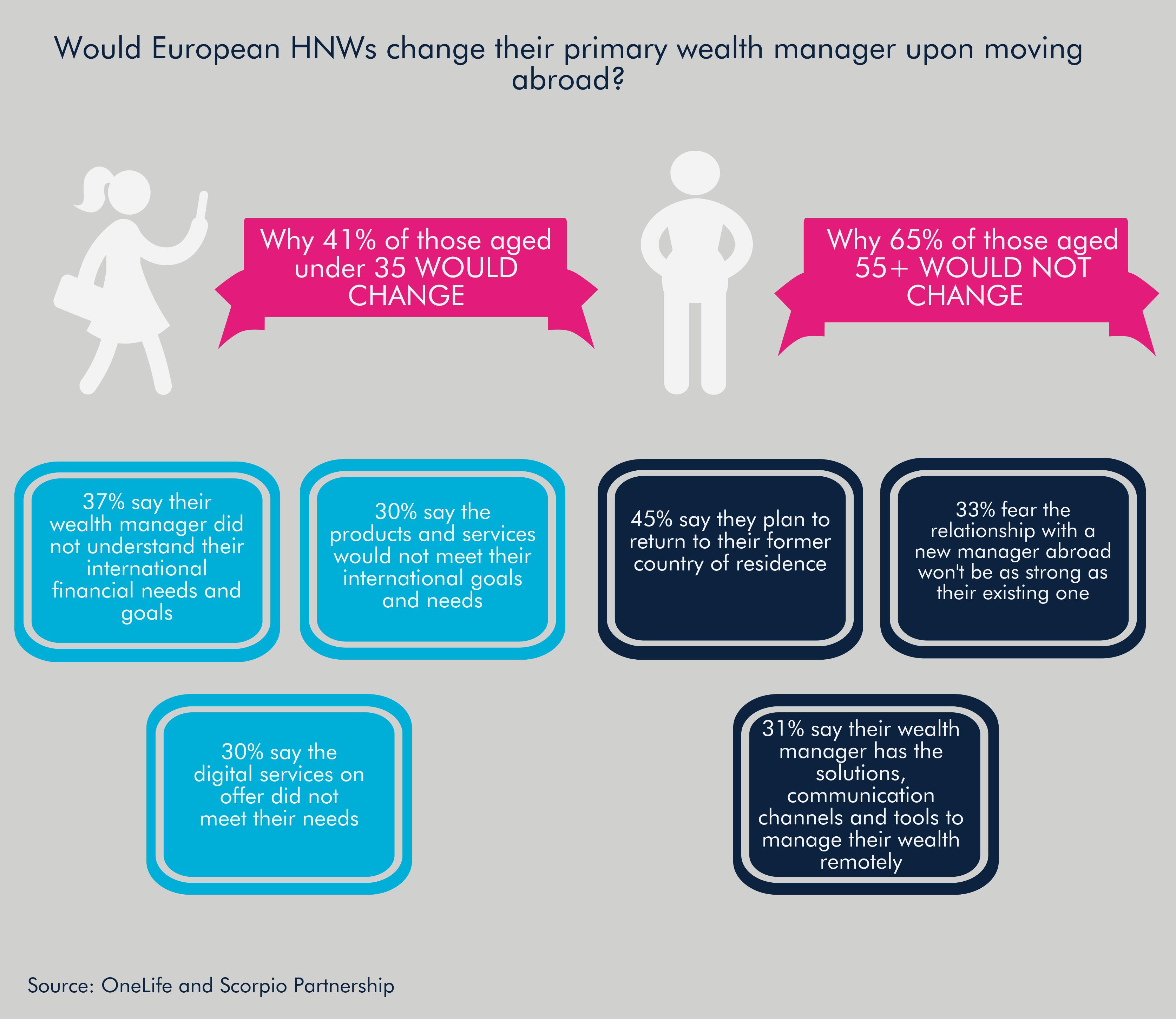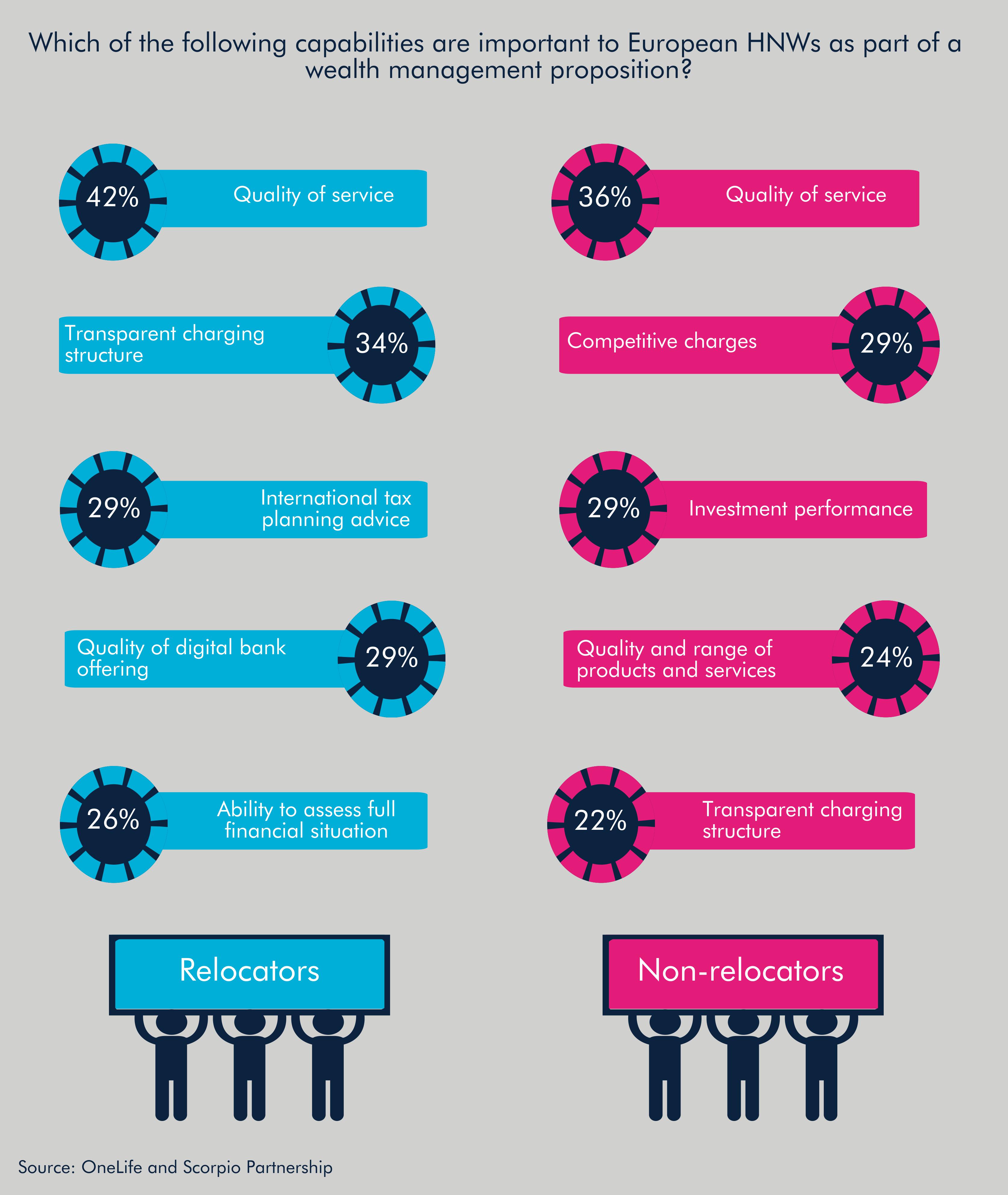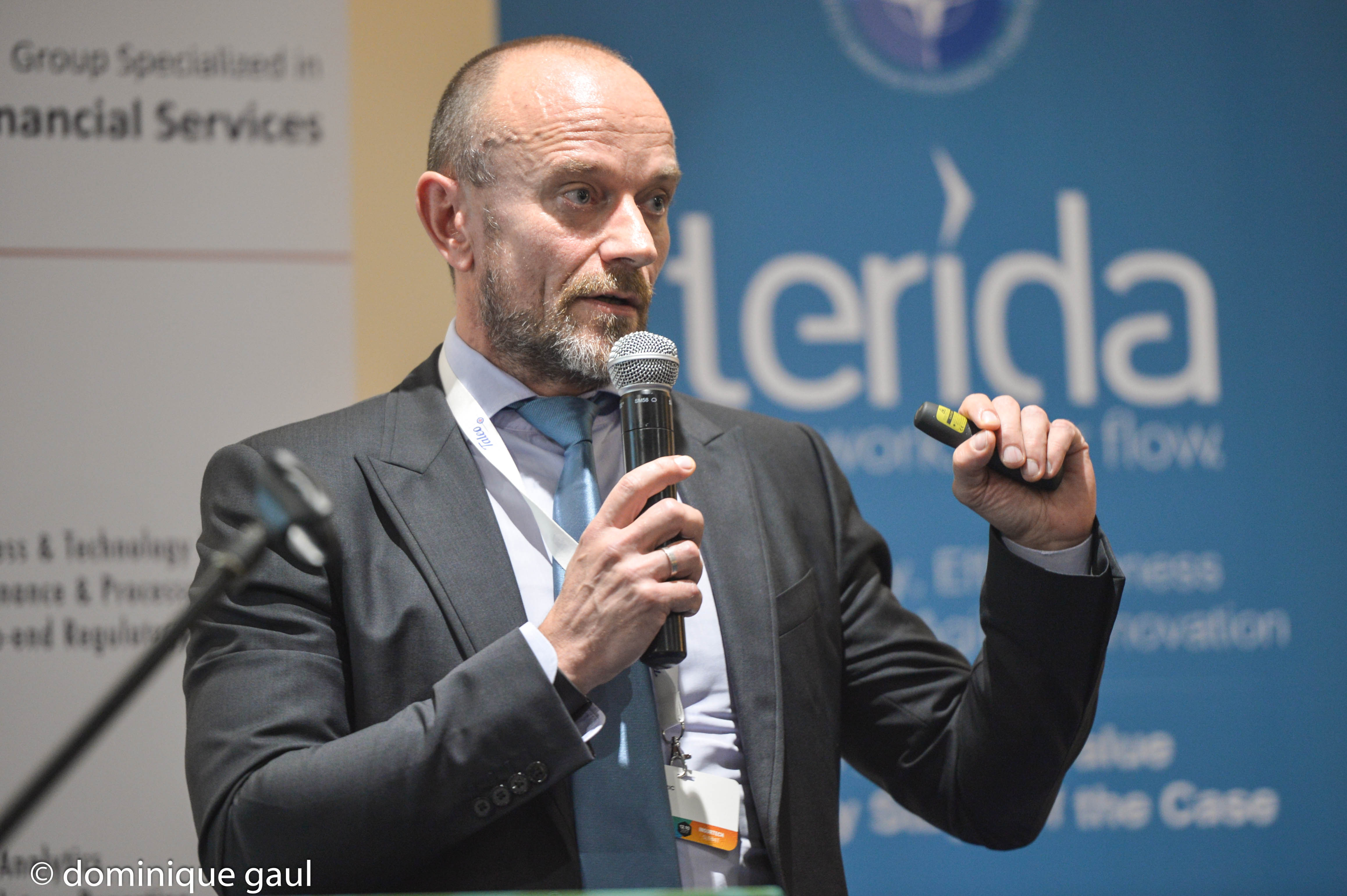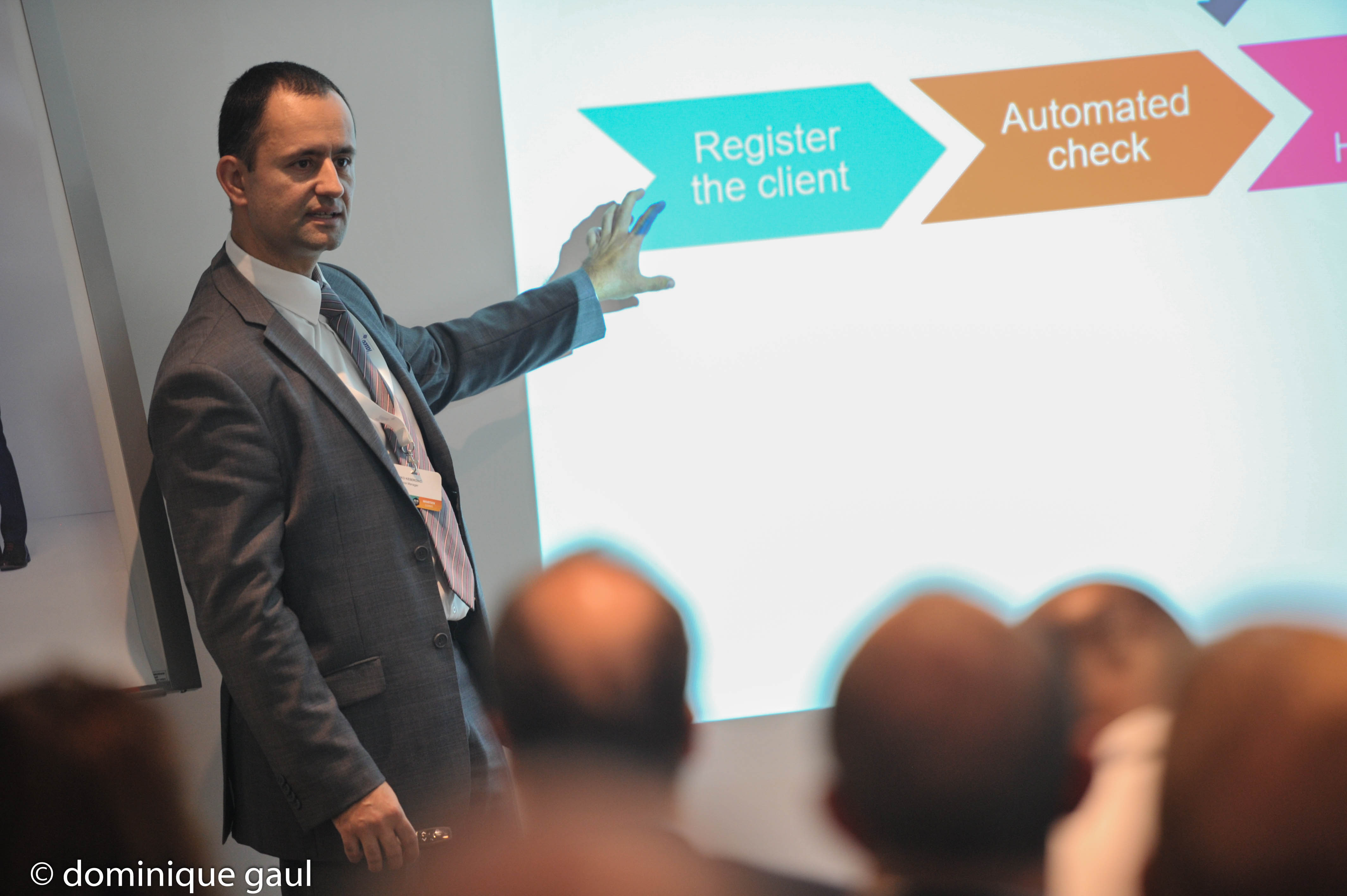A “unit-linked” product is an insurance contract under which the policyholder bears the full investment risk of the underlying financial assets of the policy. Therefore, under “unit-linked” products, the performance of the investments is not guaranteed by the insurance company in the short-, medium- or long-term.
The “unit-linked” product allows policyholders to combine in an efficient manner, financial, succession and tax planning in a single contract which complies by default with the tax and legal framework of the jurisdiction in which the policyholder is resident in order to avoid any legal or tax requalification risk.In the case of Spain, “unit-linked” products are mainly regulated by Spanish Insurance Law 50/1980 and, from a tax perspective, by Spanish Tax regulations such as Spanish Personal Income, Wealth and Inheritance and Gift Tax laws.

What are the relevant components of a unit-linked insurance contract?
The main components of a Spanish unit-linked insurance contract are the following:
- Policyholder(s): investor who subscribes, signs and pays the insurance premium. Could be an individual or a company.
- Insured person(s): risk element covered under the insurance contract. Could be one or several persons.
- Beneficiary(ies): person or entity that will receive the insurance indemnity upon the occurrence of the insured event.
- Asset manager: professional entity duly licenced in its home jurisdiction to perform portfolio management activities. The asset manager may be entrusted by the insurer to manage the financial assets on a discretionary basis under the insurance contract based on the investment strategy chosen by the policyholder at inception.
- Custodian bank: financial institution which provides custodial services in relation to the financial assets held under the policy(ies).
What are the main benefits of subscribing a unit-linked product with a Luxembourg insurer?
The main advantages of unit-linked insurance policies issued by Luxembourg insurers are the following:
- Asset protection: The Luxembourg authorities, and more specifically the Luxembourg Insurance Regulator, the CAA (Commissariat aux Assurances), have designed a unique scheme under which the assets of the policyholders are segregated off-balance sheet from the insurer’s and custodian bank’s balance sheet. As a result, in case of insolvency or bankruptcy of the insurer or the custodian bank, the assets of the policyholder remain fully protected from any ordinary creditors’ claims.
- Confidentiality: Luxembourg insurers and its professionals are fully bound by strict professional secrecy rules which ensure full confidentiality for the policyholders and any possible beneficiaries.
- Investment flexibility: Luxembourg investment rules allow for great flexibility as to the type of financial assets in which the premium contributed by the policyholder can be invested. It is not uncommon to observe how investment managers invest in alternative or hedge funds and private equity through Luxembourg life insurance policies in order to obtain higher yields.

What is the tax treatment of unit-linked products for Spanish investors?
For income tax purposes, Spanish resident policyholders are subject to Spanish Income Tax (i.e. Savings Income Tax at a marginal rate of 23%) on any gains realised in case of partial or total surrender of the policy. Only the gain element (if any) will be taxable, not the full surrender amount.
For Wealth Tax purposes, the Spanish resident policyholder has to pay Spanish Wealth Tax on the surrender value of his/her policy as of year-end. It is worth bearing in mind that the final tax liability could vary significantly depending on the region of Spain where the policyholder is resident. Indeed, some regions do apply significant tax exemptions and deductions for Wealth Tax purposes. For those investors willing to optimise Wealth Tax, it is important to mention that “unit-linked” insurance policies may offer different compliant solutions to reach this objective.
In relation to Inheritance and Gift tax, the Spanish panorama is rather complex as each Spanish region has a broad remit to exercise legislative powers in this field. That being said and broadly speaking, unit-linked insurance policies will not be subject to particular Inheritance and Gift tax rates in comparison with other financial products or assets. However, the flexibility of insurance policies as a succession planning tool allows, if correctly implemented, to plan or postpone the tax liability in full compliance with Spanish tax regulations.
Should you need additional information in relation to unit-linked products for Spanish resident investors, do not hesitate to contact our Sales representatives:
![]() José Manuel Tara, Regional Director Iberia & Latam, at OneLife
José Manuel Tara, Regional Director Iberia & Latam, at OneLife
![]() Luis De La Infiesta, Regional Sales Director Iberia & Latam, at OneLife at OneLife
Luis De La Infiesta, Regional Sales Director Iberia & Latam, at OneLife at OneLife
![]() Gonzalo Garcia-Perez, Wealth Planner Manager for Iberia and Latam markets, at OneLife
Gonzalo Garcia-Perez, Wealth Planner Manager for Iberia and Latam markets, at OneLife


